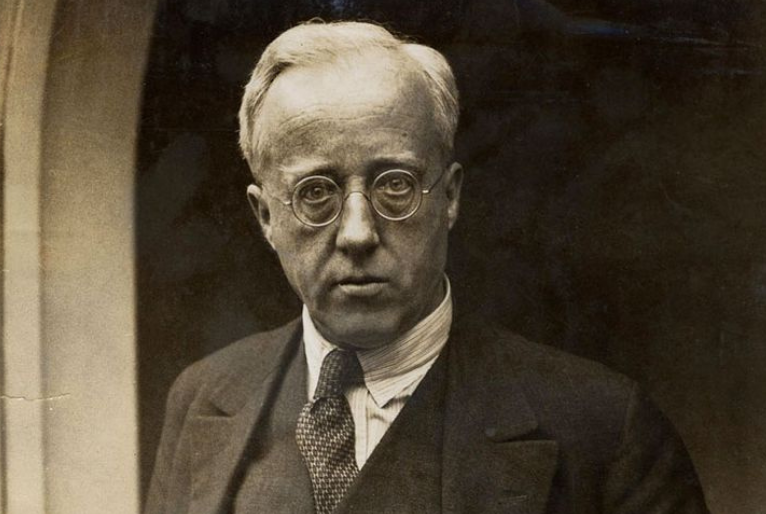Gustav Holst (1874–1934) was an English composer best known for his orchestral suite The Planets, one of the most popular and enduring works in the classical repertoire. His distinctive compositional style and innovative orchestration have earned him a lasting place in the history of classical music. Beyond The Planets, Holst produced a significant body of work, including operas, choral works, and compositions for orchestra and chamber ensembles.
Early Life and Musical Training
Born in Cheltenham, England, on September 21, 1874, Gustavus Theodore von Holst grew up in a musical family. His father, Adolph von Holst, was an accomplished pianist and organist, while his mother, Clara Lediard, was a singer. His great-grandfather was a composer of Swedish origin, and his maternal grandfather was a harp teacher. Despite this musical heritage, Holst was a somewhat frail child who suffered from various health issues, including asthma and nerve problems in his hands, which later affected his ability to play instruments.
Holst began his formal music education as a student at Cheltenham Grammar School, and by the time he was 12, he was already composing. His family encouraged his musical pursuits, and in 1893, Holst entered the Royal College of Music in London, where he studied composition under Charles Villiers Stanford and was influenced by composers like Richard Wagner and Richard Strauss.
Early Career and Influences
Holst’s early career as a composer was marked by struggle. He worked as a trombonist in theater orchestras and as a music teacher to support himself while continuing to compose. His early works were heavily influenced by Wagner, and he began to experiment with harmony and structure.
A key influence during this time was his friendship with fellow composer Ralph Vaughan Williams. The two shared a deep interest in English folk music, and together they collected and studied traditional English songs. This interest in folk music would become a defining feature of Holst’s later work.
Another major influence on Holst’s music was his interest in Hindu philosophy and literature. In the early 1900s, Holst set a number of Sanskrit texts to music, including his opera Savitri (1908) and the Hymns from the Rig Veda (1907-1912), which were some of the first works to bring Indian mythology to Western classical music.
The Planets and Later Works
Holst’s major breakthrough came with The Planets (1914-1917), a seven-movement orchestral suite that depicts the astrological character of each planet in the solar system (excluding Earth). Each movement is distinct in mood and style, from the menacing and warlike “Mars, the Bringer of War” to the tranquil and mysterious “Neptune, the Mystic.” The Planets was an immediate success and brought Holst international recognition. Despite its popularity, Holst never quite embraced the fame it brought him and often distanced himself from the work, preferring his other compositions.
After The Planets, Holst’s music took on a more austere and refined quality. He composed several notable works, including The Hymn of Jesus (1917), Ode to Death (1919), and the Choral Symphony (1925). His interests continued to evolve, moving from his earlier fascination with mysticism and folk music toward a more abstract and complex musical language.
Teaching and Legacy
Throughout his life, Holst remained dedicated to music education. He taught at St. Paul’s Girls’ School in Hammersmith and Morley College, where he inspired generations of young musicians. His influence as a teacher was profound, and he often integrated his educational philosophy into his compositions, as seen in works like St. Paul’s Suite (1912) for the students of St. Paul’s School.
Gustav Holst’s health deteriorated in his later years, and he died on May 25, 1934, at the age of 59. Although he is primarily remembered for The Planets, his body of work reflects a deep intellectual curiosity and a lifelong commitment to musical innovation.
Conclusion
Holst’s music was innovative and varied, drawing from sources as diverse as folk music, Hindu texts, and astrology. His approach to composition was highly personal, blending these influences into a unique style that continues to captivate audiences. Though The Planets remains his most famous work, his broader contribution to classical music is significant, particularly in his choral and orchestral works, which reveal the depth of his creativity and his constant exploration of new musical landscapes.
Holst’s legacy lives on, not only through his compositions but also through his contributions to music education, making him one of the most important British composers of the early 20th century.


Comments are closed